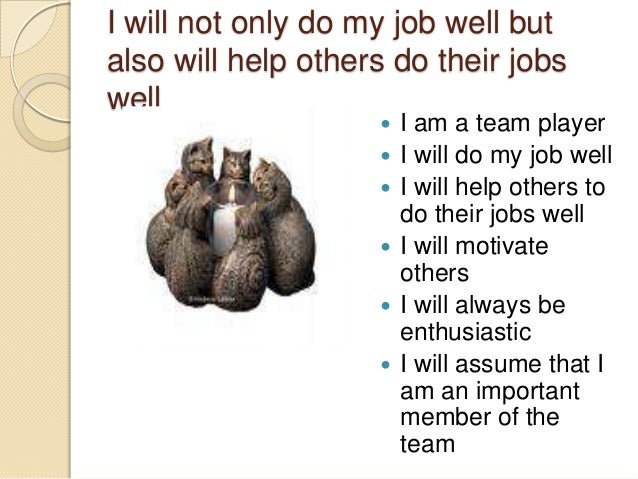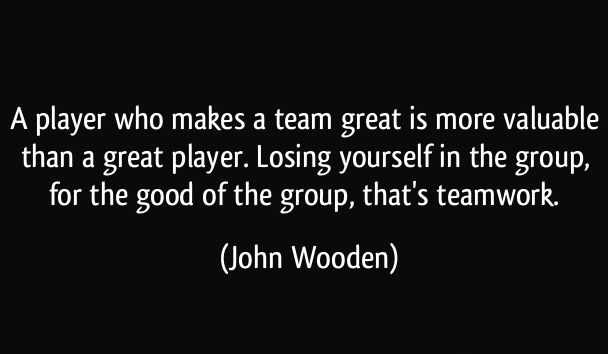Group Survival: How to Be a Team Player

However, there is a really good chance that we may need to team up with others in order to turn things to our advantage. Take some time to think about the following points and see if you are prepared to work with and rely on others in order to overcome obstacles related to an emergency situation.
Not Everyone is a Leader

One of the first things that we need to admit is that we may not be a good leader. Sure, we may have good ideas, experience and knowledge regarding self-sufficiency, bushcraft or other aspects of survival. However, these strengths do not necessarily translate into having the ability to lead a group effectively. The honest truth is that not everyone is a quarterback or coach. Teams are made up of individuals who use their strengths to collectively achieve goals and reach objectives, and not every player has the skill-set to run the show.
There is a chance that you may find yourself in a group situation in which someone else is in a better position to encourage, motivate and delegate tasks. Are you willing to step aside and allow someone else to steer things in a better direction? Are you capable of stepping back in line and using your skills and talents for the good of the group as a whole instead of needing to be in charge? This is a hard pill to swallow, but it is something that we all need to take a hard and honest look at.
Know Your Place
If you are not born or meant to be a leader, the next logical question to ask is whether or not you know your place in a group setting. This is not meant to sound like you need to accept a “demotion” or be boxed in to a corner. Rather, all of us have certain strengths and weaknesses. The name of the game in survival is to know where you fit in the big picture so that you can use them for the betterment of everyone else.
One of the most mature qualities that a person can possess is the ability to know and accept that they are not always the hero. However, everyone can be heroic. The trick is to know the difference and act accordingly. This involves a lot of soul-searching and taking an honest look in the mirror. However, once we accept our place in the big scheme of things, we can start to make meaningful and measurable contributions to the group.
Attitude is Everything

All of us have been around people who complain, are divisive and tend to bring a degree of toxicity to a group. On the other hand, we also know people who lift us up, inspire us and motivate us to grow and thrive. The fundamental difference between these two different people is their attitude. Attitude is everything in a survival situation, and how we think, feel and interact with others can influence the mood of the entire group. A good attitude also lifts us up and helps us to avoid getting mired in despair, frustration and anger.
Going into a group setting with a good attitude, having a sense of what your strengths are and demonstrating humility can be worth its weight in gold in a survival situation. While it’s important to build skills and develop experience so that you can fend for yourself, it’s equally important that you can transition and blend into a group as well. Give some thought to how you can step back and make a meaningful contribution to a group in order to get through a crisis. The more that you are willing to take on this role can translate into less conflict, a better use of resources and ultimately help to get everyone out alive. The question is whether or not you are really ready to take on this responsibility, and only you know the honest answer.


